Best movies & TV Shows like Night Raid 1931
A unique, carefully handpicked, selection of the best movies like Night Raid 1931 Starring Hiroyuki Yoshino, Daisuke Namikawa, Takanori Hoshino, Yoshiko Ikuta, and more. If you liked Night Raid 1931 then you may also like: April Story, Tokyo Park, Love, Chunibyo & Other Delusions! Take On Me, The Akasaka Sisters: Soft Touch of Night, Project Dreams - How to Build Mazinger Z's Hangar and many more popular movies featured on this list. You can further filter the list even more or get a random selection from the list of similar movies, to make your selection even easier.
Night Raid 1931, is a Japanese anime television series produced by A-1 Pictures and Aniplex and directed by Jun Matsumoto. The 13-episode anime aired in Japan on the TV Tokyo television network starting April 5, 2010. Senkō no Night Raid is the second project of Anime no Chikara. Sentai Filmworks acquired the series and released it on Blu-ray and DVD in August 2011.
Night Raid 1931
You may filter the list of movies on this page for a more refined, personalized selection of movies.
Still not sure what to watch click the recommend buttun below to get a movie recommendation selected from all the movies on this list
Tokyo Park
Koji, a university student and budding photographer, is asked by a man to secretly take pictures of his wife Yurika. As a result, his relationships with a girl who visits his part-time workplace called Tominaga and his step-sister Misaki begin to change subtly.
Love, Chunibyo & Other Delusions! Take On Me
Yuuta and Rikka are in their third year of high school. One day in Spring, Touka declares that she will take Rikka to Italy with her, as her job has stabilized there and thinks they should migrate together as a family. Touka is also worried about Rikka not being competent enough to advance to universities in Japan. The gangs from the club suggested Yuuta, who doesn't want to be separated, to elope with Rikka!! A runaway drama throughout Japan begins.
The Akasaka Sisters: Soft Touch of Night
Set in the postwar turmoil, Akasaka no shimai paints a vivit portrait of the life of three sisters who struggle to live in Tokyo.
Project Dreams - How to Build Mazinger Z's Hangar
Doi of the Maeda Construction Company's Advertising group has little passion for his work. One day the group's leader Asagawa declares, "Let's build the hangar for Mazinger Z!" Having been dragged in by Asagawa, Doi and his co-workers commence putting on appearances of having taken on this request from a fantasy world.
Death Billiards
Death Billiards is one of the four anime works that each received 38 million yen (about US$480,000) from the "2012 Young Animator Training Project." Just like in 2010 and 2011, the animation labor group received 214.5 million yen (US$2.65 million) from the Japanese government's Agency for Cultural Affairs, and it distributed most of those funds to studios who train young animators on-the-job. An old and a young man find themselves in a mysterious bar where they have to play a game of billiard. The bet: their lives.
Tokyo Friends
Tokyo Friends is a Japanese television drama released on June 3, 2005. Unlike many other dramas, it was never aired on TV but released as a set of 3 DVDs. Volumes one and two contain the first 4 episodes while volume three contains the last episode. Each episode is approximately 70 minutes. The Tokyo Friends Premium Box was also released which includes all 5 episodes, a bonus DVD, and 12 postcards. Although this is a very typical Tokyo-story and was never aired on TV, it was quite successful probably because it was Ai Otsuka's debut as an actress.
The Real Housewives of D.C.
The Real Housewives of D.C. is an American reality television series that debuted August 5, 2010, on Bravo. It is the network's fifth installment in The Real Housewives series. On April 7, 2011, Bravo announced that The Real Housewives of D.C. had been cancelled. This was a first in the history of the franchise that one of its series had not been renewed.
Kiba
Kiba, a fantasy anime by Madhouse and Aniplex, began broadcasting on TV Tokyo on April 5, 2006. The series is directed by Hiroshi Kōjina with Upper Deck Japan, a trading card game company, as the main sponsor. The anime has been licensed by Upper Deck USA and produced by ADV Films for North American distribution. The series is more violent than other trading-card-game-tie-in animations with many characters being killed. According to an interview with the March 2006 issue of Animage, Hiroshi Kamishina, the show's director, noted that the show "absolutely will not have any plot elements that curry favor to children". The producers of the show has also commented that Kiba will not be the type of show to put "human drama" on the back burner while concentrating on promotional tie-ins. While Upper Deck owns the rights to the series, ADV Films is the distributor and their production studio Amusement Park Media is producing the dub. Kiba aired on Toonami Jetstream from July 14, 2008 to January 21, 2009 and is now showing on The Anime Network's Video on Demand service.
Innocent Venus
Innocent Venus is a post-apocalyptic science fiction anime TV series which began broadcasting on the WOWOW network in Japan on July 26, 2006 at midnight. The series makes use of some 3D cel-shaded animation, which achieves a more "hand drawn" look than traditional 3D animation. At Anime Boston 2007, ADV Films had announced they licensed for the show. On July 11, 2008 ADV Announced that it was discontinuing print of the DVDs.
Pugyuru
Pugyuru is a Japanese four-panel comic strip by Tohiro Konno. The manga was first serialized in the Japanese manga magazine Monthly Magazine Z in June, 2001. Pugyuru was adapted into an anime series that was broadcast on April 12, 2004 on the television station Kids Station. The initial broadcast lasted for thirteen episodes and ended on July 5, 2004.
Tokyo Majin Gakuen Kenpucho
Tokyo Majin Gakuen Kenpuchō Tō is a Japanese anime series, which premiered in Japan on the anime satellite TV network Animax. A large part of Tokyo Majin Gakuen, it is loosely based on a series of Japan-only video games, and is directed by Shinji Ishihara. The first season first aired on January 19, 2007 and ended on April 20, 2007; all the episodes in the series were called the 'Dark Law Chapters'. A second season, titled Tokyo Majin Gakuen Kenpuchō Tō: Dai Ni Maku started airing on July 27, 2007; its first five episodes are called the 'Martial Fist Chapters', its next five episodes are called the 'Stars of Fate Chapters', and its last two episodes are called the 'Extra'. On June 26, 2007, ADV announced that they had acquired the license to this series. ADV distributed the series under the title of Tokyo Majin, dropping "Gakuen Kenpuchō Tō" from the title. In 2008, the anime became one of over 30 ADV titles whose licenses were transferred to Funimation.
Tokyo Underground
Tokyo Underground is a manga series by Akinobu Uraka and published by Enix. It became an anime series, produced by Studio Pierrot and shown on the TV Tokyo Network from April 2 until September 24, 2002. The TV series was released on DVD by Geneon Entertainment in the US and Canada, released as a boxset by Manga Entertainment in the UK and by Tokyo Night Train in Australia. It also aired in Canada on the digital channel G4techTV Canada, starting on July 22, 2007 at 8:30 pm ET/PT.
Queen Millennia
Queen Millennia is a manga series by Leiji Matsumoto which was serialized from 28 January 1980 through 11 May 1983 in both the Sankei Shimbun and Nishinippon Sports newspapers. The manga series was adapted into a 42-episode anime TV series by Toei Dōga and broadcast on the Fuji TV network from 16 April 1981 through 25 March 1982. An anime film was released on 13 March 1982 shortly before the TV series ended. The anime series was combined by Harmony Gold and Carl Macek with episodes from the 1978 Matsumoto series, Space Pirate Captain Harlock, and shown from 1985 to 1986 in the United States as the 65-episode Captain Harlock and the Queen of a Thousand Years. The series was broadcast in Germany on Tele 5 during 1992 and on Mangas in France in 2004.
Lights Out
Lights Out is an American television boxing drama series from the FX network in the United States. It stars Holt McCallany as Patrick "Lights" Leary, a New Jersey native, and former heavyweight champion boxer who is considering a comeback. The series premiered on January 11, 2011 at 10 pm ET/PT. On March 24, 2011, FX announced the cancellation of the show. The final episode aired on April 5.
Bush Baby, Little Angel of the Grasslands
Bush Baby, Little Angel of the Grasslands, shortened as The Bush Baby, is the title of a 1992 anime series consisting of 40, 25-minute episodes. It is based on the novel, The Bushbabies, by Canadian author William Stevenson. The series is part of Fuji Television & Nippon Animation's World Masterpiece Theater which consists of anime TV series adaptations of classic children's books. It has also been broadcast internationally on networks such as Antena 3, Italia 1, Tele 5, ORF1, ABS-CBN, GMA 7, Quality TeleVision and TVOntario.
éX-Driver
éX-Driver is a manga series by Kōsuke Fujishima, which was adapted into an anime series, produced by Bandai Visual and Actas. The anime series spanned 6 episodes, as well as a feature movie, entitled éX-Driver: The Movie. The complete anime series, including the movie, were broadcast by the anime television network, Animax, across its respective networks around the world, including East Asia, Southeast Asia, South Asia and other regions.
姫様ご用心
Princess Be Careful is a 12 episode anime series, produced by Nomad, that aired on WOWOW from April 12, 2006 to July 19, 2006. It has been aired by the anime television network Animax across its networks worldwide, including its English language premiere in Southeast Asia, starting from October 2007 and ended in November 2007.
Seikimatsu Occult Academy
Occult Academy is a Japanese anime television series produced by A-1 Pictures and Aniplex and directed by Tomohiko Itō. The 13-episode anime premiered in Japan on the TV Tokyo television network on July 6, 2010. Occult Academy is the third project of Anime no Chikara. It was shown by Crunchyroll an hour after the Japanese broadcast. A manga adaptation of the anime is currently serialized in Media Factory's Monthly Comic Alive. A series of DVD/Blu-ray releases are made over six volumes. Volumes one through five each contain two episodes from the series and comes with extras, such as bonus songs sung by various voice actors for the characters. The final volume covers the last three episodes There are also four spinoff episodes, the first of which is included with the second volume. The series has been picked up in North America by NIS America, who released the series on Blu-ray on May 8, 2012.
gdgd Fairies
gdgd Fairies is a Japanese CG anime television series created and animated by Sōta Sugahara. The series aired on Tokyo MX between October 12, 2011 and December 28, 2011, and was also simulcast by Crunchyroll. A special episode aired in December 2012, and a second season began airing in January 2013.
SKET DANCE
SKET DANCE is a manga series written and illustrated by Kenta Shinohara and serialized, beginning in July 2007, in Shueisha's manga magazine Weekly Shōnen Jump. Sket Dance won the 55th annual Shogakukan Manga Award in 2009 for best shōnen manga. An anime adaptation, produced by Tatsunoko, premiered on April 7, 2011 on TV Tokyo.
Sacred Seven
Sacred Seven, is a 2011 Japanese science fiction anime television series produced by Sunrise under the direction of Yoshimitsu Ohashi. Script supervisor is Shin Yoshida with mechanical designs by Ippei Gyōbu. The series began broadcasting in Japan starting July 3, 2011 on the Mainichi Broadcasting System and later will be rebroadcast by TV Kanagawa, TV Aichi, Tokyo MX, and Teletama. The anime was originally licensed by Bandai Entertainment for streaming, but they shut down in 2012. At Otakon 2013, Sunrise had announced that Sacred Seven will be licensed by Sentai Filmworks.
Phi Brain: Puzzle of God
Phi Brain: Puzzle of God is a 2011 Japanese anime television series produced by Sunrise. The first two series aired on NHK Educational TV between October 2011 and September 2012, with a third season to begin airing in October 2013. The series is directed by Junichi Sato with script supervision by Mayori Sekijima. Hajime Yatate, the collective penname for the creative staff at Sunrise, is credited with the original story. The anime has been licensed in North America by Sentai Filmworks. A manga adaptation by Yoshiki Togawa began serialization in Kadokawa Shoten's Newtype Ace magazine from November 2011. A PlayStation Portable video game by Arc System Works was released on May 31, 2012.
Project Blue Earth SOS
Project Blue Earth SOS is an anime series consisting of six hour-long episodes. It was aired on the Japanese television network, AT-X, from July 2 to December 3, 2006. It was originally licensed by ADV Films for $180,000. In 2008, it became one of over 30 ADV titles transferred to Funimation Entertainment.
Lucky Seven
Lucky Seven Rakkīsebun is a 2012 Japanese television drama broadcast by Fuji Television from January 16 to March 19, 2012. It stars Jun Matsumoto and Eita.
Shippuu! Iron Leaguer
Shippū! Iron Leaguer is an anime television series produced by Sunrise. Directed by Tetsurō Amino and featuring mecha designs by Kunio Okawara, it premiered on TV Tokyo on April 6, 1993 and ended its run on March 29, 1994, spanning a total of 52 episodes.
Persona 4: The Animation
Persona 4: The Animation is a television anime series produced by AIC ASTA and directed by Seiji Kishi, based on the Persona 4 video game by Atlus. The story revolves around the protagonist, Yu Narukami, who acquires a mysterious power called "Persona" and embarks on a journey with his new friends to uncover the truth behind a bizarre series of murders involving a distorted TV World. The series aired in Japan between October 2011 and March 2012, with a compilation film released in June 2012 and an original video animation episode released in August 2012. The series was licensed in North America by Sentai Filmworks.
Un-Go
Un-Go is set in a war-torn Tokyo, in a near-future Japan. In response to Japan sending their military abroad as peacekeeping forces, terrorists launched multiple attacks on Japan, killing many people and destroying much of its cityscapes. Some time after the war receded to a period of uneasy peace, the Japanese Parliament passed the "Information Privacy and Protection Act", which gives the Japanese government control over the Internet. Detective Shinjuurou Yuuki and his strange partner Inga make a living in solving crimes and exposing human souls, all influenced in some way by the dystopian backdrop.
Dennou Keisatsu Cybercop
Dennou Keisatsu Cybercop is a Japanese tokusatsu TV series. First created in 1988 by Toho Enterprises, the show was an attempt to create a Tokusatsu series using the Super Sentai motif, but the idea was dropped after the unaired episode 0. The show was broadcast on NTV and aired from October 2, 1988 to July 5, 1989.
Epic Chushingura
Daichūshingura is a television dramatization of the events of the Forty-seven Ronin. The first episode aired on January 5, 1971, and the 52nd and final episode appeared on December 28 of the same year. The NET network broadcast it in the Tuesday evening 9:00–9:56 prime-time slot in Japan. The series featured an all-star cast. The central actor was Toshiro Mifune, who portrayed Ōishi Kuranosuke; Yoko Tsukasa his wife; and kabuki actor Onoe Kikugorō VII their son Chikara.
Digimon Adventure:
The new anime will take place in 2020 and will feature an all-new story centering on Taichi Yagami when he is in his fifth year in elementary school. His partner is Agumon. The story begins in Tokyo when a large-scale network malfunction occurs. Taichi is preparing for his weekend summer camping trip when the incident happens. Taichi's mother and his younger sister Hikari get stuck on a train that won't stop moving, and Taichi heads to Shibuya in order to help them. However, on his way there, he encounters a strange phenomenon and sweeps him up into the Digital World along with the other DigiDestined.
Ninja Captor
Ninja Captor is a Japanese tokusatsu TV series aired from April 7, 1976 to January 26, 1977 on TV Tokyo 12 Channel, produced by Toei Company, Ltd. This Sentai-esque series aired during the run of Shotaro Ishinomori's original Super Sentai series, Himitsu Sentai Gorenger and was notably first superhero team show produced by Toei under the Saburo Yatsude/Hatte pseudonym. Daisuke Izumo graduates from the Wind-Demon Stealth-Army, a secret army aiming for the conquest of Japan. He instead escapes, and becomes the leader of the "Captor," a ninja team supervised by Mujin Tendou. The Captor team's mission is to battle the ninja sent out by the Wind-Demon General, Retsufuu Fuuma. This show used to be considered by some to be a part of the Super Sentai franchise* , but was later excluded. In 2013, it got a Shout-Out in the fourth episode of Hikonin Sentai Akibaranger: Season 2.
Kyusei Sentai Wakuseiber
Kyuusei Sentai Wakuseiber, alternatively spelled Wakusaver, is a Japanese Tokusatsu web-television series created by AV company GIGA in homage to Toei's Super Sentai series. The show airs exclusively on YouTube for all-ages, with its final episode, an extended cut of episode five with AV content, being exclusively on an adults-only DVD and digital download.
Chibi Godzilla Raids Again
Welcome back, Chibi Godzilla! Everyone’s favorite little monster has made its return with the new anime series Chibi Godzilla Raids Again!
Tokyo in April Is...
The new employee Kazuma, who returned to Tokyo from America, reunites with his close friend from middle school, Ren, who is currently working as the top designer at their company. It is their first meeting since the abrupt farewell during their third year in middle school, 10 years ago. Ren was his best friend and his first love. He is as strong and good-looking as ever… And Kazuma is happy just being with him. However, Ren avoids the subject of their time in middle school rather unnaturally and acts like a friendly former-classmate… But he’s behaving this way because he is gay, and above all, fears being rejected by Kazuma. Yet one night, the two of them get together again…?

















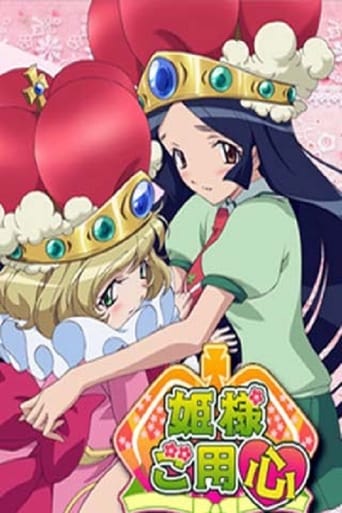

















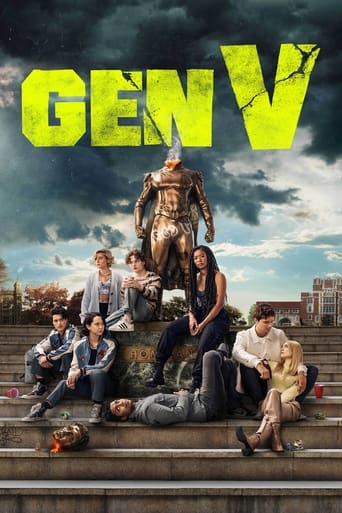

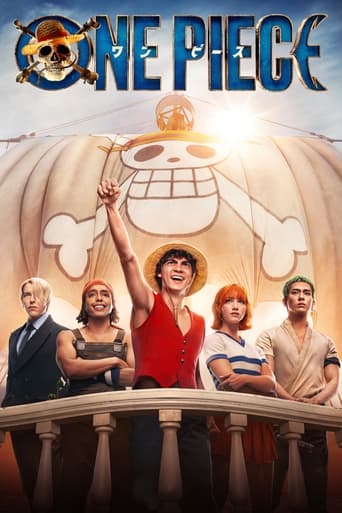
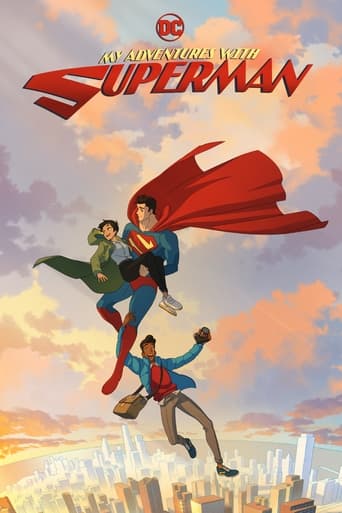

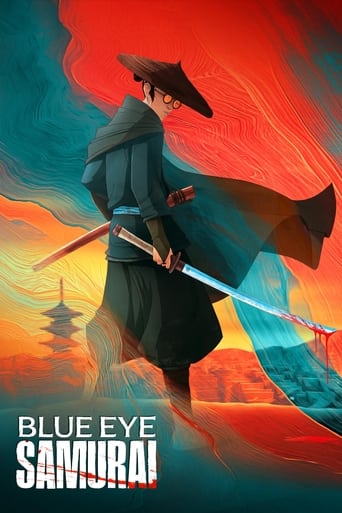
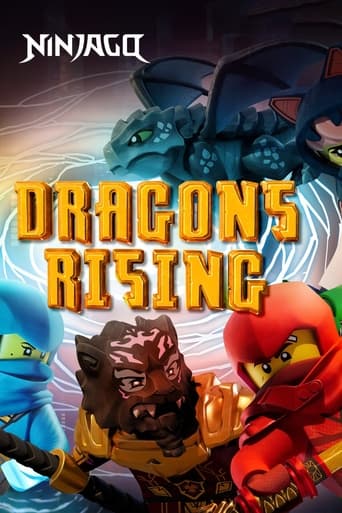
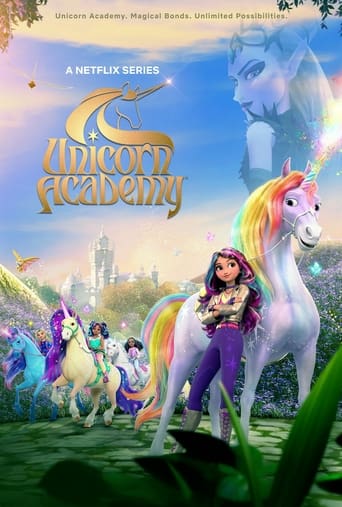
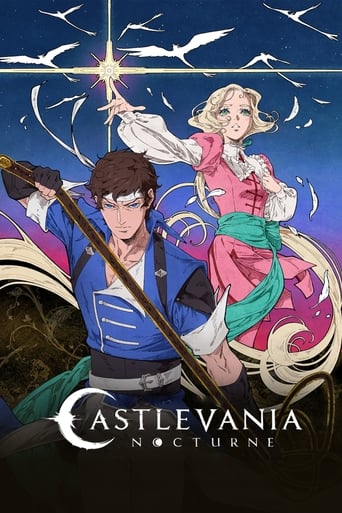

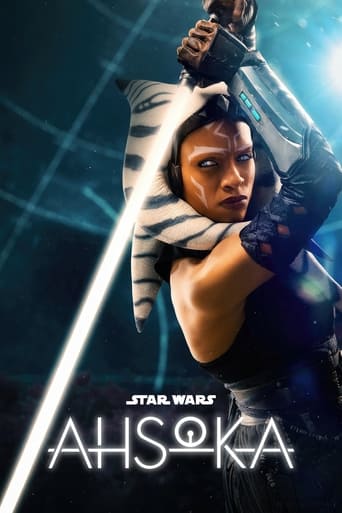

April Story
In spring, a girl leaves the island of Hokkaido to attend university in Tokyo. Once there, she is asked to reveal why she wanted to go there in the first place.